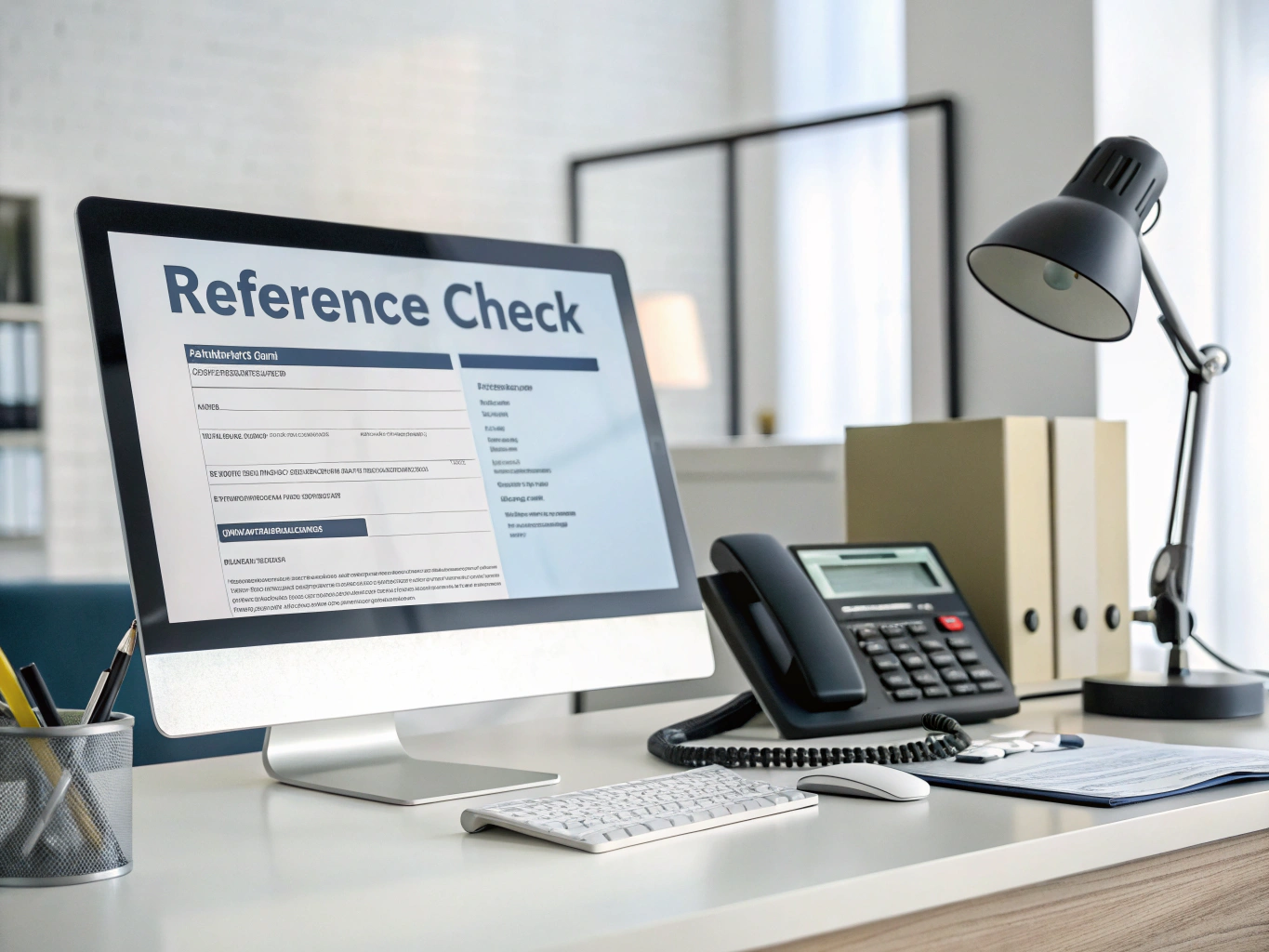Definition
A reference check is a crucial step in the hiring process, where employers reach out to a candidate’s previous employers, colleagues, or mentors to verify their skills, work history, and overall character. It’s not just about confirming facts on a resume; it’s about painting a fuller picture of who the candidate is as a professional.
Key Components
Understanding the key components of a reference check can help you navigate this process with confidence and clarity. Here are some essential aspects to consider:
- Types of References: References can come from various sources, such as former supervisors, coworkers, or even clients. Each type can provide a unique perspective on the candidate’s work ethic and skills. For instance, a manager can speak to leadership qualities, while a peer might highlight collaboration skills.
- Verification of Details: One of the primary aims of a reference check is to confirm the accuracy of the candidate’s job titles, responsibilities, and employment dates. For example, if a candidate claims to have led a project team, you can ask their former manager to verify that claim.
- Behavioral Insights: Reference checks often delve into soft skills and behaviors. Asking about how a candidate handled challenges or conflicts can reveal insights into their problem-solving abilities and interpersonal skills.
- Consistency of Information: During the hiring process, you’ll have gathered a lot of information from interviews and applications. A reference check helps you ensure that the details align with what the candidate has shared. Discrepancies can raise red flags.
- Open-Ended Questions: The questions you ask during a reference check should encourage detailed responses. Instead of yes/no questions, opt for those that invite explanation and narrative, such as “Can you describe a time when the candidate demonstrated leadership?”
Importance in the Workplace
Reference checks play a vital role in ensuring that you’re making informed hiring decisions. Imagine you’re considering two candidates for a managerial role: one with exceptional interview skills but limited experience, and another with solid references backing their claims of success in similar roles. The insights gained from references can be the deciding factor, potentially steering you toward a candidate who not only fits the job description but will also thrive in your company culture.
Furthermore, reference checks can help uncover any potential red flags that may not have surfaced during the interview process. For instance, if a reference mentions concerns about a candidate’s punctuality or ability to work under pressure, it gives you a chance to reconsider their fit for the role before making a costly hiring mistake.
Best Practices
To make the most of your reference checks, consider these best practices that can help streamline the process and yield the best results:
- Ask for References Early: Encourage candidates to provide references early in the hiring process. This not only saves time but also gives you more context about the candidate as you review their application and conduct interviews.
- Prepare Specific Questions: Tailor your questions to the role for which the candidate is applying. For instance, if you’re hiring for a sales position, ask references about the candidate’s ability to meet targets and build client relationships.
- Document Everything: Keep a record of your conversations with references, noting their responses and any insights that stand out. This documentation can be valuable when you’re making final hiring decisions or discussing candidates with your team.
- Be Mindful of Timing: Conduct reference checks after you’ve narrowed down your candidates but before making a final offer. This ensures you’re not investing too much time in a candidate who may not be the right fit.
- Respect Privacy: Always ask the candidate for permission before reaching out to their references. This shows respect for their privacy and maintains a level of professionalism throughout the hiring process.
Legal Considerations
It’s essential to be aware of the legal aspects surrounding reference checks. Employers must ensure compliance with applicable laws, such as the Fair Credit Reporting Act (FCRA) in the U.S., which regulates how background checks (including reference checks) are conducted. Always get the candidate’s written consent before contacting references, and be mindful of the information you share and receive. It’s crucial to avoid any discriminatory practices or questions that could lead to legal issues.
Conclusion
In summary, reference checks are an indispensable part of the hiring process that can help you make informed decisions about potential employees. By understanding their importance, implementing best practices, and navigating the legal landscape, you can enhance your hiring process and build a stronger, more cohesive team. Remember, the goal is to find not just the right skills but the right fit for your organization. Happy hiring!




